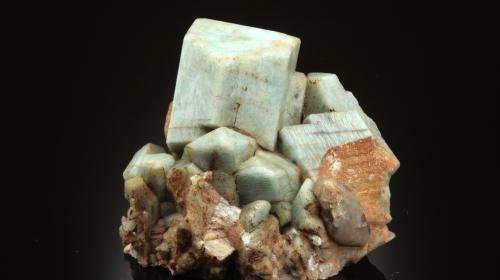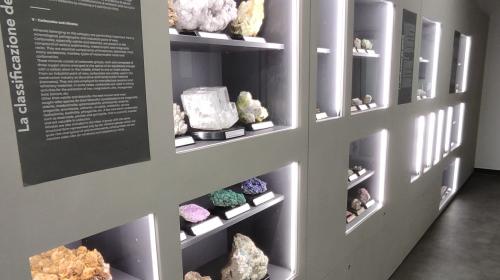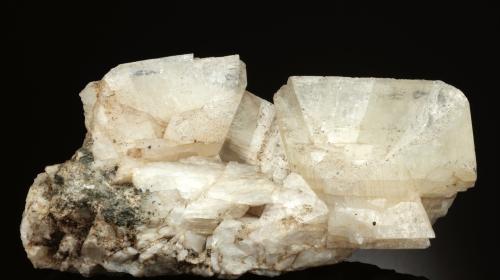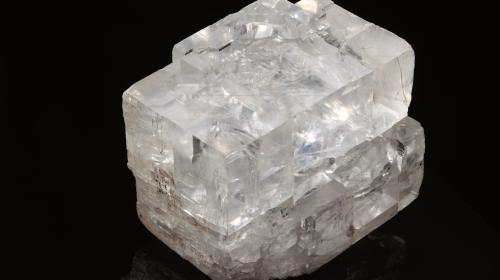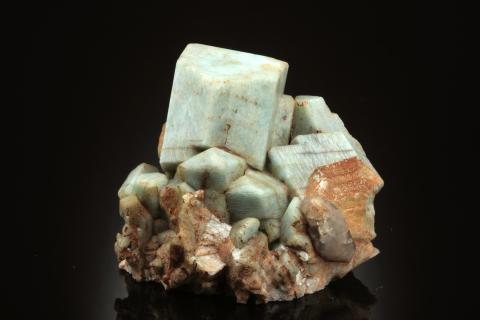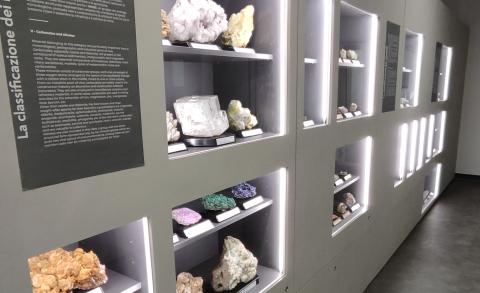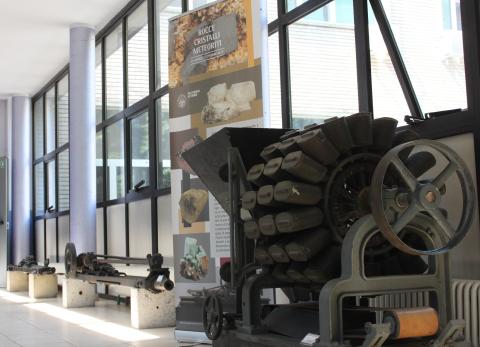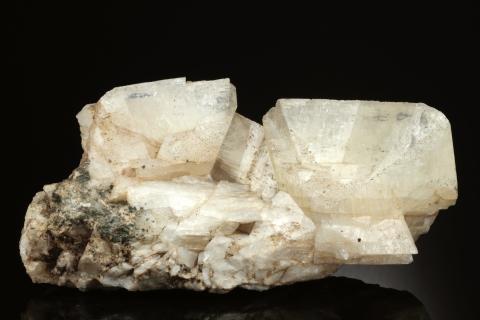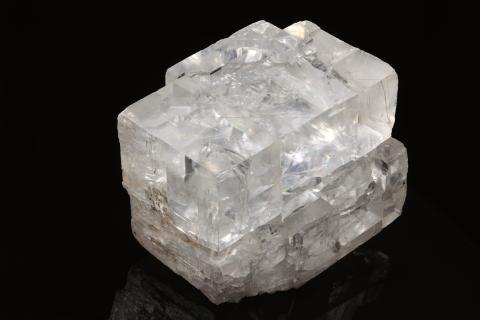
The Geo-Mineralogical Museum of Politecnico di Torino is the first example of a permanent exhibition within the University. The Museum stems from the desire of the Department of Environment, Land and Infrastructure Engineering (DIATI) to display and give access to its own scientific and historical heritage.
The exhibition project, supported by Politecnico in the framework of its third mission and social impact activities, recounts almost 170 years of history of technology by displaying materials of great value that have marked the history of the university and the advancements of science. The common thread that guides the visitor through the Museum is represented by the importance of Research. Our researchers are nowadays involved in new challenges that will lead to unknown horizons, just like scholars in the 19th century ventured into innovative studies in their times. Sharing these valuable scientific and technological collections with the public is a living historical testimony of the value of research as the driving force of society.
The collections of the Museum are extremely important from a historical, scientific and educational point of view. The collection started in 1859, when the Scuola di applicazione per gli Ingegneri was founded (then becoming Politecnico di Torino in 1906).
The collections include personal items of distinguished Earth Science scholars, professors and experts who have worked at Politecnico di Torino and have made its history. They also include mineral samples from all over the world, meteorites, rocks with different lithotype classifications and tectonic and morphologic distinctive traits, models of mining art, mine technology and mineral treatment, machines of great technical-scientific importance, equipment used for land measurement and teaching purposes.
The end of the Museum route focuses on current and future challenges faced by the scientific and technological research on raw materials and the role they play in the framework of energy and climate transition, also taking into account the recognition of “Department of Excellence” on climate transition received by DIATI from the Ministry of Education, University and Research.
The Museum aims to promote its documentary, historical and scientific heritage of inestimable value to a broad audience, and raise interest and curiosity towards the history of science and technology. At the same time, the Museum intends to convey to new generations the importance of knowing our roots in order to understand the world and to imagine a more sustainable and better future for everyone.
